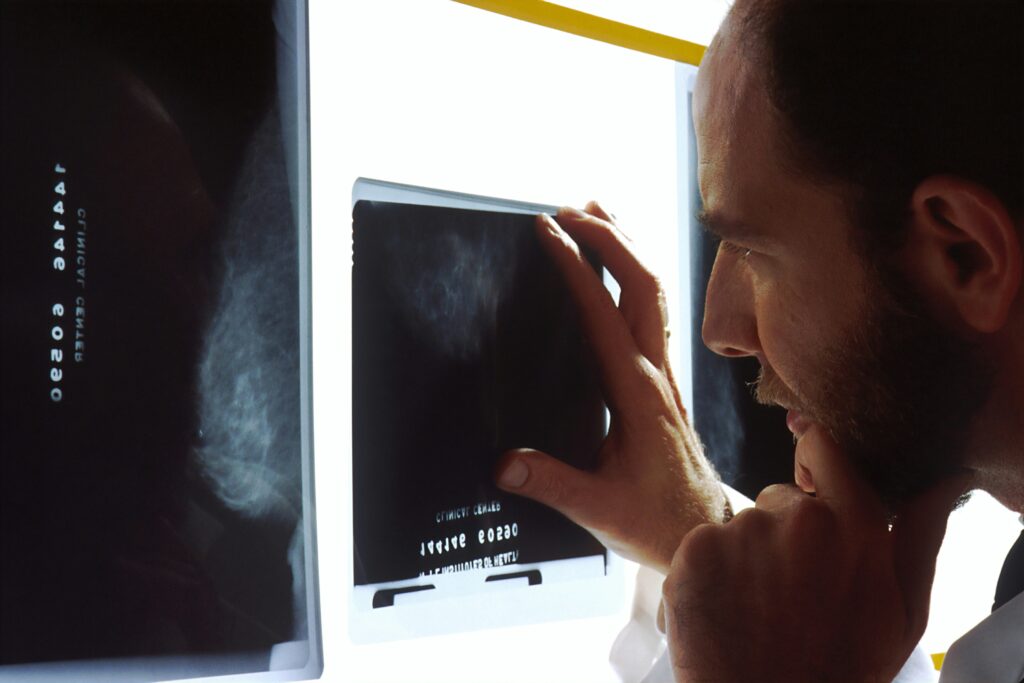
Madrid, August 30, 2025. An international clinical trial led by the Centro Nacional de Investigaciones Cardiovasculares (CNIC) and the Mario Negri Institute for Pharmacological Research in Milan has revealed that beta-blockers, a staple in heart attack treatment for decades, provide no clinical benefit for patients with uncomplicated myocardial infarctions. This groundbreaking study, known as the REBOOT trial, was presented at the European Society of Cardiology (ESC) Congress in Madrid and published in The New England Journal of Medicine and The Lancet.
The REBOOT trial, which stands for Treatment with Beta-Blockers after Myocardial Infarction without Reduced Ejection Fraction, enrolled 8,505 patients from 109 hospitals in Spain and Italy. These patients, who had a left ventricular ejection fraction above 40% post-heart attack, were randomly assigned to either receive or not receive beta-blockers upon hospital discharge. Over a median follow-up of nearly four years, the study found no significant differences in death rates, recurrent heart attacks, or hospitalizations for heart failure between the two groups.
Challenging a Four-Decade Paradigm
For over 40 years, beta-blockers have been a cornerstone in the treatment of heart attack patients. They were initially prescribed to reduce cardiac oxygen demand and prevent arrhythmias, significantly lowering mortality rates. However, the REBOOT trial’s findings suggest that in the modern era, where rapid reopening of occluded coronary arteries is standard, the need for beta-blockers in uncomplicated cases is questionable.
“REBOOT will change clinical practice worldwide,” stated Dr. Borja Ibáñez, the principal investigator and CNIC Scientific Director. “Currently, more than 80% of patients with uncomplicated myocardial infarction are discharged on beta-blockers. The REBOOT findings represent one of the most significant advances in heart attack treatment in decades.”
Implications for Clinical Practice
Dr. Xavier Rosselló, a CNIC scientist and cardiologist at University Hospital Son Espases in Mallorca, emphasized the study’s implications: “Post-infarction patients with fully preserved contractile function (ejection fraction above 50%) do not benefit from beta-blockers, whereas those with moderate or greater dysfunction (ejection fraction below 50%) do.”
To further investigate the benefits for patients with moderately reduced cardiac function, the researchers conducted a meta-analysis with other smaller trials. This analysis, published in The Lancet, confirmed that beta-blockers significantly reduce the risk of death, recurrent heart attack, or heart failure in this subgroup.
A Collaborative Effort in Cardiovascular Research
The REBOOT trial is a landmark in European cardiovascular research, involving over 500 researchers from Spain and Italy. Dr. Roberto Latini from the Mario Negri Institute coordinated the Italian arm of the study, highlighting the collaborative nature of the project.
Dr. Valentín Fuster, CNIC General Director, noted, “This trial will reshape all international clinical guidelines. It joins other landmark trials led by CNIC that have already transformed the global approach to cardiovascular disease.”
Importantly, the trial was conducted without pharmaceutical industry funding, underscoring its scientific integrity. The CNIC’s Clinical Trials Coordination Unit (CTCU) played a crucial role in managing the logistics, demonstrating Spain’s capability to conduct impactful clinical studies.
Future Directions and Clinical Guidelines
The findings from the REBOOT trial are expected to drive significant changes in clinical practice guidelines worldwide. As Dr. Ibáñez pointed out, “These results will help simplify and streamline treatment, reduce adverse effects, and improve the quality of life for thousands of patients every year.”
With more than 2 million people in Europe experiencing heart attacks annually, including around 70,000 in Spain, the implications of these findings are profound. The study challenges the status quo, urging a reevaluation of long-standing treatment protocols and highlighting the importance of evidence-based medicine.
The REBOOT trial’s success also exemplifies the power of collaboration and scientific leadership. As Dr. Luis Rodríguez Padial, president of the Spanish Society of Cardiology (SEC), remarked, “REBOOT not only changes heart attack treatment—it also changes how clinical trials are designed and run in Spain.”
As the medical community absorbs these findings, the focus will likely shift towards optimizing treatment protocols for heart attack patients, ensuring that each intervention is backed by robust scientific evidence.






